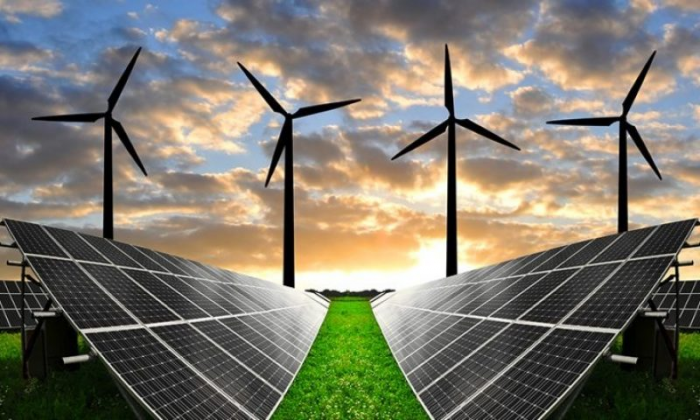
Overview
In general, RES technologies are promoted with different support schemes. Law No. 4399/2016 supports through subsidies/ tax reliefs for specific RES technologies. RES H&C infrastructure is also eligible for support. In addition, the Programme “Exsoikonomo- Autonomo” supports the purchase and installation of RES for the energy upgrading of the domestic sector through subsidies and/or an interest-free loan.
According to the NECP, Greece aims at increasing the overall share of RES H&C in its gross final energy consumption to 42.5% by 2030 (30.6% in 2020). This is expected to be achieved by the increased penetration of heat pumps, especially in the tertiary sector (from 431 ktoe in 2020 to 906 ktoe in 2030), a steadily increasing share of solar thermal (from 296 ktoe to 411 in 2030) and geothermal energy, as well as biomass (from 1,035 ktoe in 2020 to 1,142 ktoe in 2030).
Summary of support schemes
- Subsidy (Programme “Exsoikonomo- Autonomo”) - The Programme provides subsidies and/or an interest-free loan to specific RES H&C technologies (geothermal, aerothermal heat pumps and biomass (pellets), solar thermal, solar water heaters and solar heating).
- Subsidy (Development Law) –subsidy is offered to CHP plants and other RES only for autonomous production.
- Tax regulation mechanism (Development Law)- tax relief is offered to CHP plants and other RES only for autonomous production.
- Support of RES-H infrastructure (Development Law)
- RES-H building obligations (KENAK) - minimum RES H&C requirements in existing and new buildings.
Competent authorities
- MEE
- MinDev
- Technical Chamber of Greece
